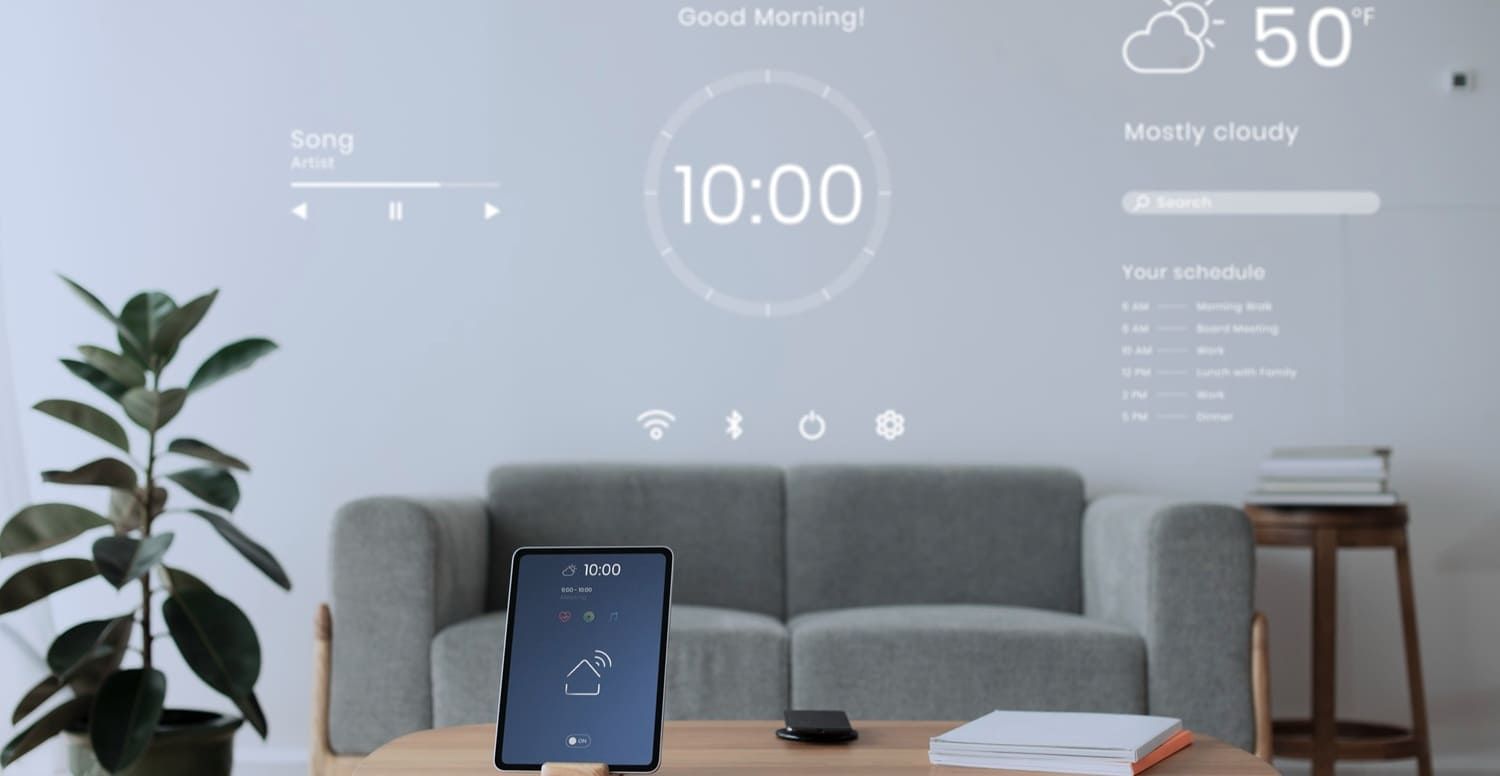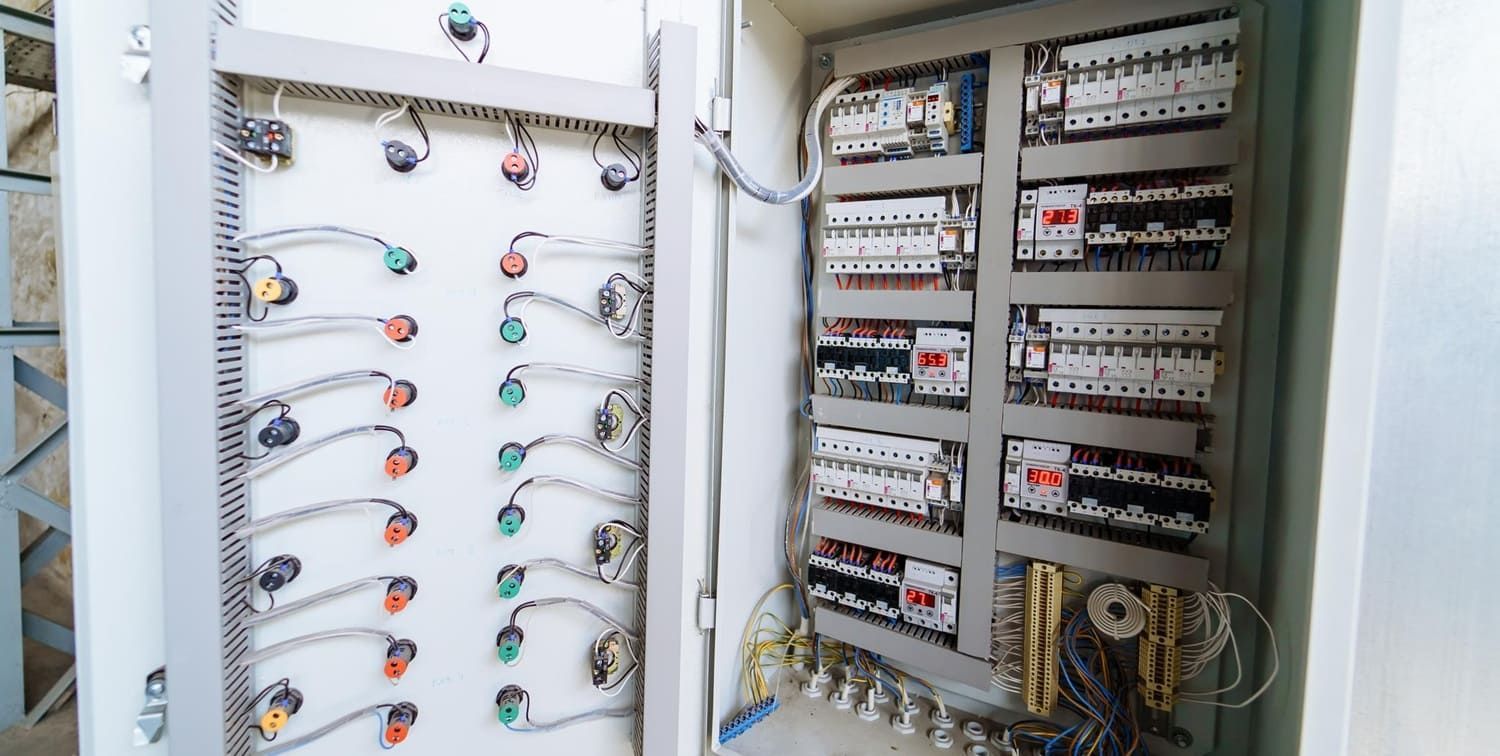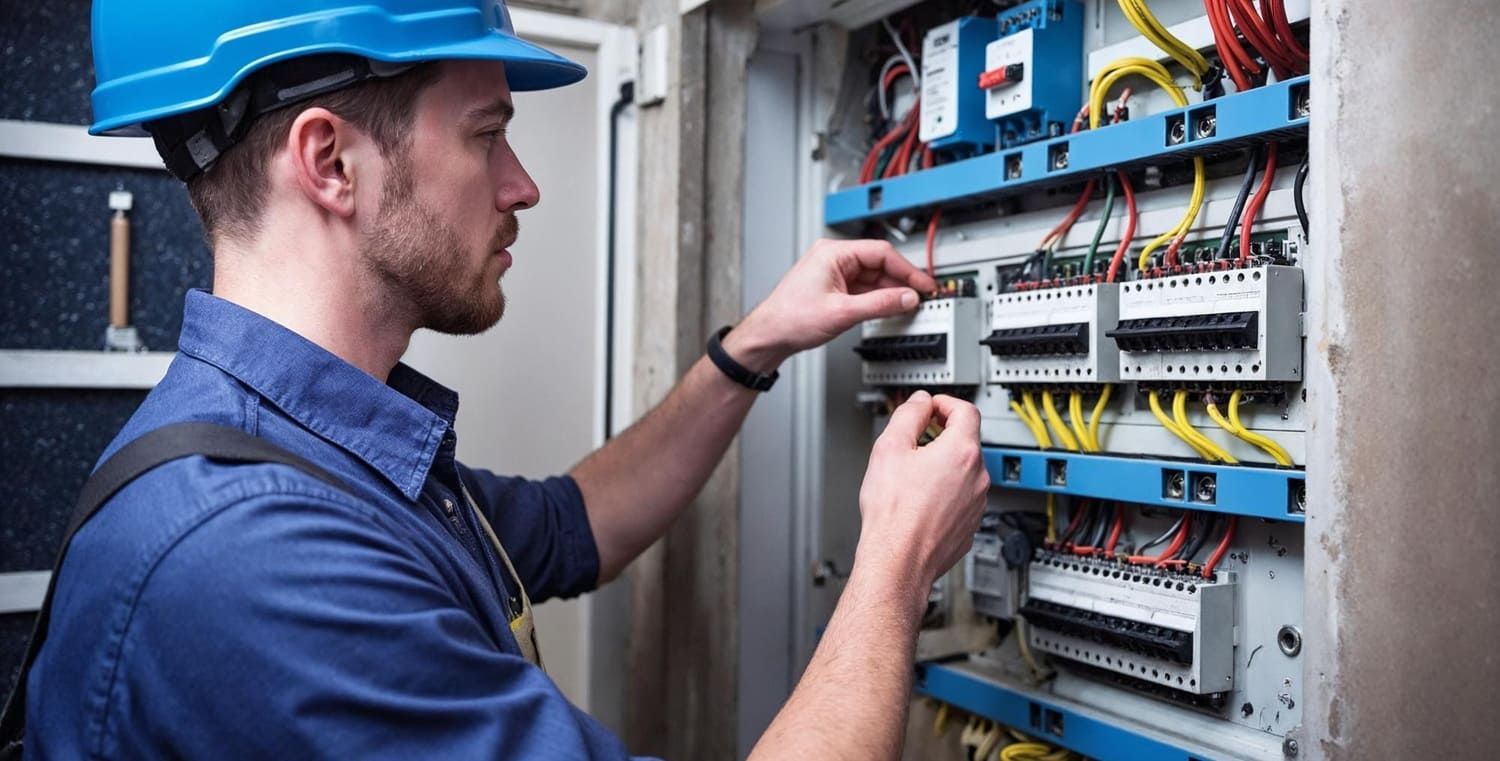5 Reasons Your Circuit Breaker Keeps Tripping and What You Can Do About It
Buell Electric Blogger • February 4, 2020
Keep losing power, and aren't sure why? Here are five of the most common reasons why a circuit breaker keeps tripping, and what you can do to fix the problem.

Electrical fires cause over $1.3 billion
in damages every year. The good news is a functional circuit breaker can drastically lower your odds of experiencing an electrical fire in your home.
If your circuit breaker keeps tripping, it's more than a nuisance. It could be a sign of a serious electrical problem. For that reason alone, you should determine the root cause before the situation becomes worse.
But circuit breakers trip for all kinds of reasons. What's going wrong with yours? Here are five reasons your circuit breaker keeps tripping, as well as some ways you can diagnose the cause.
1. Ground Fault
Environmental factors may sometimes create an unintended path to the ground. If a hot circuit brushes up against a conductive surface, the electricity will follow this path rather than the wire. This may occur when water drips onto parts of your electric system or when a hot wire becomes loose and bumps into part of the infrastructure, such as the wood or outlet box.
Modern circuit breakers detect ground faults when resistance decreases and flow increases. This feature is meant to protect you from the dangers of shock and fire that come with an uncontrolled ground fault.
You're likely dealing with either a ground fault or short circuit if you flip the breaker and it immediately snaps off once again. That suggests there's an unintended current somewhere in the household. Though if the ground fault was related to a temporary water leak, the circuit breaker will operate as usual until the fault occurs again.
2. Short Circuit
A short circuit is similar to a ground fault. But in this type of electrical mishap, a live wire connects with a neutral wire. The electrical current will surge into the other wire, creating a dangerous amount of heat with the potential to start a fire. Just like before, the sudden change in flow and resistance trips the circuit breaker.
To diagnose a short circuit, flip the tripped switch. If it trips again, start disconnecting appliances loaded onto that circuit. For example, consider unplugging everything from the outlets and turning off the lights.
Some appliances have a short in their own wiring, which could be what's tripping your circuit breaker. If you locate the appliance that's causing the short, plug it into a different outlet.
You'll know the outlet has a short if the appliance works just fine on a different circuit. Otherwise, it's the appliance that contains a short circuit. Discard or repair shorting devices as they present a fire risk.
Short circuits commonly occur as home electrical systems age. That said, electrical issues in new homes
are possible.
3. Circuit Overload
From time to time, it's normal to experience a tripped breaker. The culprit is likely more benign than you may think. Circuits can only distribute a finite amount of electricity before they begin to heat up to a dangerous level.
Most circuits have either 15 or 20 amps. By putting too many electrical devices in the circuit, you'll exceed this output and introduce a series of safety concerns. Thankfully, circuit breakers will quickly detect an overloaded circuit and shut it off before harm is done.
Think you're dealing with an overloaded circuit? Remove a few electrical devices from the affected circuit and install them elsewhere in the house.
Flip the circuit back online and see if the problem occurs once again. Spreading the electrical load is all it takes to avoid an overload. Circuit overloads tend to be sporadic rather than constant, but it ultimately depends on your home setup.
4. Arc Fault
AFCI breakers are a relatively recent addition to the nation's electrical codes. These breakers trip whenever they detect an electrical arc, or spark, within a wire. Arcs tend to occur in the early stages of an electrical problem, so AFCI breakers shut the circuits down before the degradation develops into something more dangerous.
You should know that AFCI technology is only required on newer constructions since 1999. If your home is older and you never changed the electrical wiring, then an arc fault isn't the cause of your circuit breaker tripping.
Not all types of rooms and circuits require AFCI protection. Refer to the latest National Electrical Code
to help you diagnose a potential arc fault in your home.
5. Damaged Breakers
If your circuit breaker keeps tripping immediately, no matter what, then you may have a bad circuit breaker. Remember that a circuit breaker needs regular maintenance and can sometimes fall into disrepair.
You should know how to tell if a breaker is bad in order to make the distinction. The first rule of thumb is to consider its age. A circuit breaker lasts for about 30 to 40 years.
Another common sign of age is an inability to flip the breaker. Even when you reset the device, the circuit doesn't reactivate.
But for a final verdict, you'll want to rely on a professional electrician. They'll have the tools necessary to inspect the device.
Usually, this means activating the circuit breaker and measuring its load. An old circuit breaker will trip well below its standard 15 to 20 amp burden.
Circuit Breaker Keeps Tripping?
The average homeowner should never attempt to make electrical repairs without professional experience. If your circuit breaker keeps tripping, that's a sign you need the help of qualified electricians.
Looking for the best electrician near you? Buell Electric has served the Tampa Bay and Clearwater area for over 40 years. No matter your electrical dilemma, our licensed and certified electricians will surpass all your expectations. Contact us
for a free estimate.















